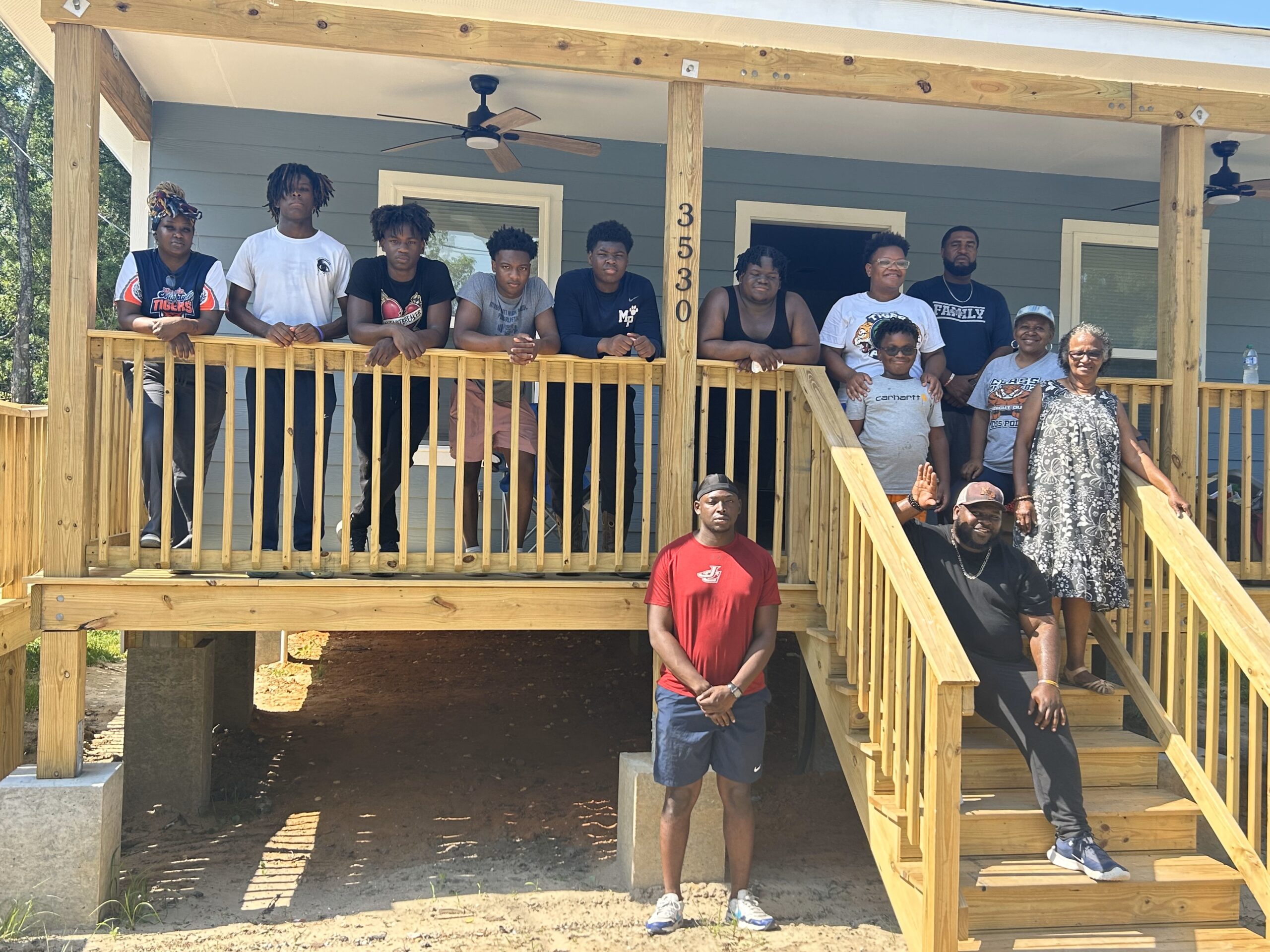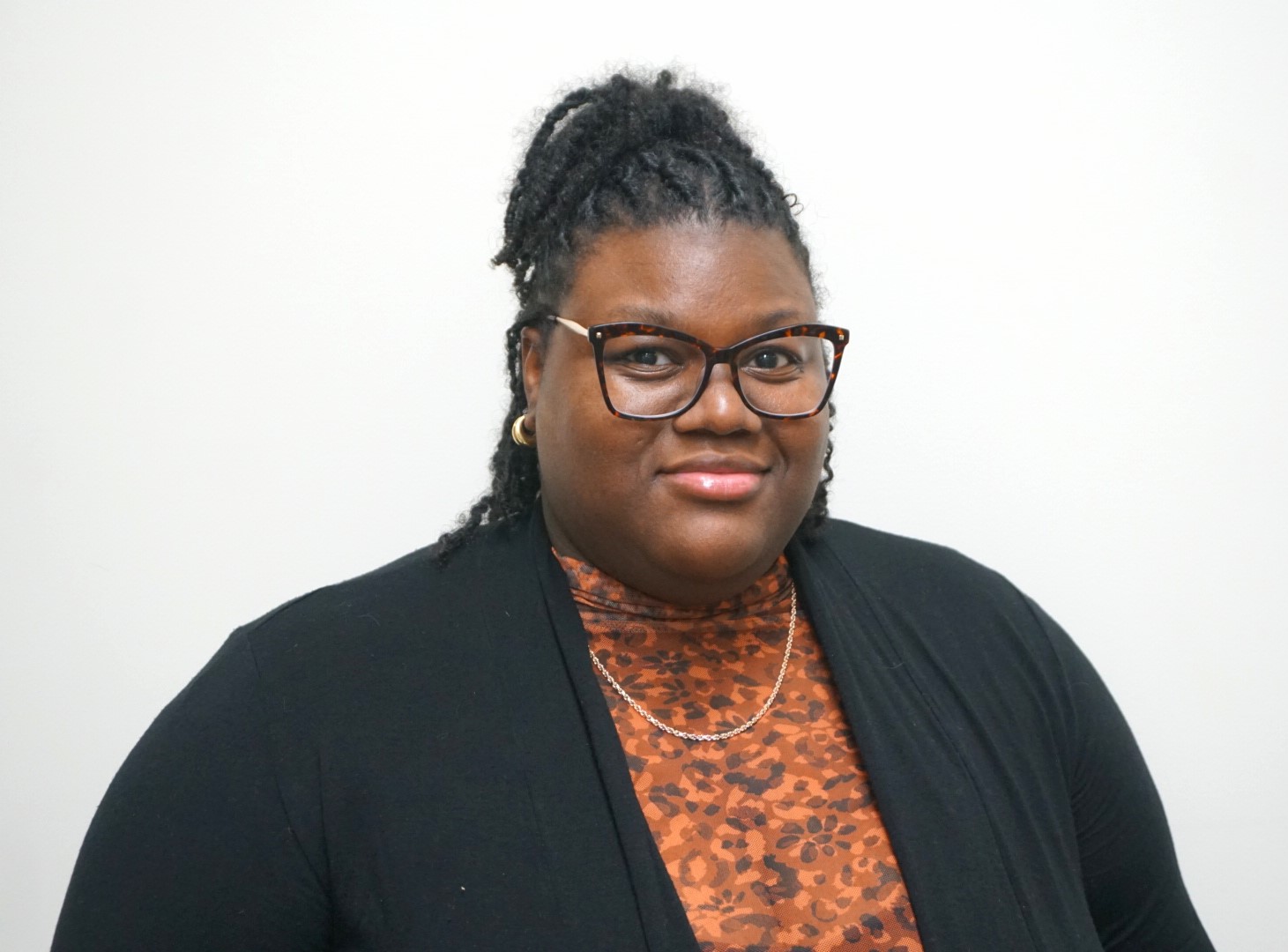Recognizing Juneteenth: Supporting Black-led communities

In recent years, there has been a growing recognition of Juneteenth across the country, with the day finally recognized as a federal holiday in 2021. For me, Juneteenth stands as a symbol of freedom and a reminder of the long struggle for equality in the United States. But it’s not just about acknowledging the past; it’s also about supporting the present and building a better future.
Celebrating Juneteenth together
Juneteenth has grown in recognition and is now observed with various celebratory traditions, including parades, festivals and educational events. As a Black woman newly entering the philanthropic sector, I’ve come to realize that as funders, we can also continuously be part of that celebration by supporting and uplifting our grantee partners who predominantly serve Black communities.
Supporting Black communities in disaster recovery
Supporting organizations representing Black communities in disaster recovery is essential for creating real, lasting change. It’s no secret that Black communities are disproportionately affected by disasters. We often bear the brunt of disasters and face additional hurdles when recovering. Systemic barriers such as lack of resources, underinvestment and discrimination lead to slower and more difficult recovery processes. By backing Black-led organizations, funders can make sure help gets to those who need it most, making recovery fairer and more inclusive.
Making a difference together
Imagine the impact when our communities receive the support they need: stronger, more resilient neighborhoods that can bounce back faster from hardships. It’s about addressing long-standing inequalities and ensuring everyone has a fair shot at recovery and rebuilding. When funders support these efforts, they’re not just aiding recovery—they’re fostering a more just and equitable society.
Thoughts from the heart
Being a part of CDP is incredibly fulfilling, as our team sets a powerful example by supporting grassroots organizations working directly with local Black communities like mine. Knowing that I can engage with these communities with an understanding mindset, having faced similar struggles, brings a sense of comfort and emphasizes the need for support. These efforts are crucial to how CDP operationalizes its commitment to racial and intersectional equity, ensuring representation of the populations we serve.
Impactful partnerships: Empowering Black communities
Here are some grantee partners we support who are doing wonderful work for predominantly Black communities:
- Plum Foundation: Providing disaster relief and recovery to local communities following the Spring 2023 Wynne, Arkansas tornadoes.
- Light Up Lawndale: Black-led organization providing long-term recovery services in predominantly Black neighborhoods on Chicago’s West Side following the September 2023 urban flooding.
- United Way of Selma: Providing long-term disaster recovery services to marginalized communities in the historical city of Selma, Alabama following the January 2023 tornado.
- United Way for Jackson and George Counties: Providing long-term recovery to residents impacted by the June 2023 tornado in Moss Point, Mississippi.
- Love Without Walls: Providing long-term recovery support in the Black community of West Amory, Mississippi following the March 2023 tornado.
- Episcopal Church in the Diocese of Northern California: Providing ongoing obtainable and reliable mental health care in California’s historic oldest Black settlement community, Lincoln Heights, which was heavily impacted by the Mill Fire.
- Disaster Services Corporation – Society of St Vincent de Paul: Providing local disaster case management services with representatives of their local Black community and working with disaster survivors in Rolling Fork, Mississippi.
- The Peoples Advocacy Institute: Providing support for marginalized populations in Jackson, Mississippi, ensuring access to safe, affordable water. They collaborate with the community to create sustainable infrastructure, strengthen the water system against future crises and ensure those most affected by past disinvestment have a voice in government decisions.
I challenge funders to continue recognizing Juneteenth and supporting Black-led organizations and organizations representing Black communities for a more inclusive and equitable future. My Juneteenth plans will include spending time with my family, spreading the word about the significance of CDP’s contributions and encouraging a collective effort to empower Black communities.
